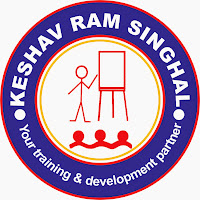The earlier advent of risk management process was developed by insurance agents. They developed the technique to protect their insurance business from financial ruin by helping clients to minimize risks and thus reduce liabilities. The study of risk management began after World War II, but the discipline mostly began as a study of using insurance to manage risk. Later, from the 1950s to the 1970s, risk managers began to realize that it was too expensive to manage every risk with insurance, so the discipline began to expand to alternatives to insurance. For example, training and safety programmes were considered alternatives. The use of derivatives as risk management instruments arose during 1970s, and expanded rapidly during the 1980s, as organizations intensified their financial risk management. International risk regulation began in the 1980s, and financial firms developed internal risk management models and capital calculation formulas to hedge against unanticipated risks and reduce regulatory capital.
The global financial crisis in 2008 demonstrated the importance of adequate risk management. Improving risk management tools and practices were among the top priorities for institutional investors in the wake of the then global crisis. Since that time, global efforts were being made to address risks. In 2009, ISO 31000 and IEC/ISO 31010 were published. ISO 9001:2015 QMS standard also included the concept of risk-based thinking (RBT) that was published in 2015. ISO 31000 and IEC/ISO 31010 standards have since been revised and published as ISO 31000:2018 and IEC 31010:2019 standards respectively. ISO 31000:2018 standard provides guidelines on managing risk faced by organizations. The application of these guidelines can be customized to any organization and its context. IEC 31010:2019 provides guidance on the selection and application of techniques for assessing risk in a wide range of situations.
ISO 9001:2015 QMS standard does not require implementation of ISO 31000:2018 standard or application of IEC 31010:2019, however study of these standards may benefit each individual to understand risk management in a better way.
- Keshav Ram Singhal
How did you like this article, please let us know your comments. Thank you.

No comments:
Post a Comment